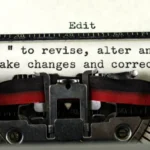He saw my convertible… and never called again.

I learned to be independent at an early age. Maybe too early.
Growing up, I watched my mom quietly endure my dad’s infidelity. She stayed—maybe out of love, maybe for survival. With three young kids and no income of her own, leaving wasn’t easy. I could feel her pain even as a child. Somewhere along the way, I silently vowed I would never need someone the way she did. I would never be that dependent.
I grew up quickly. I became the one who emotionally supported her, even when I didn’t fully understand what I was doing. I told myself I’d always have my own money, my own choices, and my own voice. And I did. I was driven, attractive, successful, and outwardly self-sufficient. I thought that would make me easier to love—low-maintenance, uncomplaining, capable.
But over time, I started to wonder if that very independence made me overlooked because I kept finding myself in situations where my strengths seemed to make men disappear.
My first serious boyfriend couldn’t handle it. I had better grades and got into a better school, which made him feel small. He didn’t like me dressing up, even if I was going out with friends. He was possessive, jealous, and insecure. Even the birthday dress he gave me—I couldn’t wear it because I still looked “too good,” he said. I was young, but even then I knew: this wasn’t love. It was control. So I left.
Then came the relationship that hurt the most. I dated someone with whom I eventually built two restaurants. We created something together. I had my own family business, and I was doing well. For the first time, I thought I was also building something with someone I loved—my first real love. However, he later fell in love with someone else. I was shattered.
What broke me wasn’t just the betrayal. It was what he said when he explained it. He said, “It felt good to be needed again. She even wanted me home when a handyman came.” I didn’t say much, but it stayed with me. Because underneath it, what I really heard was: You didn’t need me enough. You were too capable. There was no space for me to feel important.
But I did need things. I just didn’t ask for them. I grew up learning how not to rely on others. I thought being low-maintenance was a good thing—that men preferred women who didn’t complain or demand much. I believed I was doing it right.
I had become someone others leaned on but didn’t always see. That breakup flipped my logic and reinforced something deeper: that love only worked if I stayed small enough to make someone else feel big. After all, aren’t men supposed to be the stronger ones?
After that relationship, I returned to the dating scene. I remember one guy who seemed really interested. We had a great first date. He wanted to see me again the very next day. I said yes. After dinner, he offered to walk me to my car. I told him I could find it myself, but he insisted.
When he saw I was driving a convertible, his entire energy changed. He didn’t say a word, and I never heard from him again. No explanation, just silence. It wasn’t about the car itself; it was what the car symbolized—confidence, freedom, ability. For some, that’s intimidating. That’s why I didn’t want him to walk me to my car in the first place.
That moment hit me harder than I expected. I didn’t flaunt my success, but it still seemed to push people away. Again.
So, when I met my ex-husband, who was European, I felt relieved. I always thought Asian men were more easily intimidated by strong, independent women. But he wasn’t. He admired my drive and appreciated that I was capable. I felt like I could finally be myself. I didn’t have to hide my strength.
But over time, that very strength made me invisible.
Because I could handle things, I did. Because I didn’t ask for help, he assumed I didn’t need it. And eventually, the balance tilted. I was no longer a partner. I was a provider. A planner. A quiet support system. I took pride in it—until I didn’t. Until exhaustion hit. Until loneliness set in. Until I realized I wasn’t just carrying the load; I was carrying the relationship.
And what made it worse was that one day, he told me I contributed nothing to the family, aside from everything I had already done. That sentence broke me. I don’t know what else I could give.
Here’s what happens when you’re the strong one for too long: people stop checking in. They forget you can break. And you start to believe that needing help is a weakness, when it’s actually the thing you’ve been craving all along.
Maybe I enabled it. Perhaps he became too comfortable. Or maybe it was both.
It took me years to realize that being self-sufficient isn’t the same as truly allowing yourself to be seen. I thought I was protecting myself from disappointment and making myself easier to love. But in reality, I was making it harder for anyone to understand what I was carrying or to show up for me in the ways I quietly needed.
Maybe I didn’t give them that chance. I rarely admitted when something hurt. I swallowed disappointments and gave the benefit of the doubt, even when it left me feeling alone. And over time, I did feel lonelier than I ever had.
And the truth is, I didn’t want someone to rescue me. I just wanted someone to notice. To show up. To care enough to offer, even if I didn’t know how to ask.
There’s so much we hide beneath the surface. Old beliefs about what makes us lovable. Fears about being too much or not enough. Stories we tell ourselves about who we need to be to be chosen.
I see this in so many people. People who’ve kept everything together. People who’ve been praised for needing nothing, when really, they’ve just never learned how to ask.
So, here’s what I want to ask you:
- Have you ever played small so someone else could feel big?
- Have you ever kept it all together because you believed it was your role?
- Have you ever been praised for needing so little, while secretly wishing someone would recognize what you’re carrying?
Here’s what I want to tell you:
You don’t have to be the strong one.
You don’t have to be the easy one.
It’s okay to have needs.
It’s okay to be supported, not just admired.
It’s not because you can’t carry it, but because you shouldn’t have to carry it alone.


